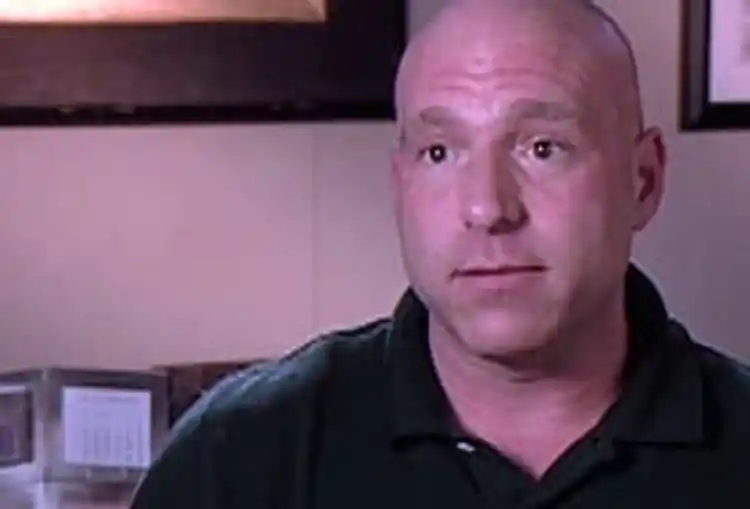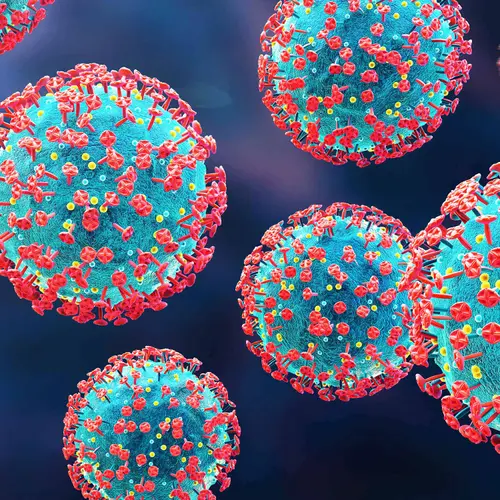Overcome Your HIV Test Fears

Hide Video Transcript
Video Transcript
: (Stanton Cunningham, Tony Lilow)
: (Tony Daniels, Rea Junior, Larry Madison, Dan Jones):
: (David L)
Narrator
The numbers are staggering… : (Tony Daniels, Rea Junior, Larry Madison, Dan Jones):
Narrator
In 2006 almost three million AIDS deaths — 44 million diagnosed worldwide. : (David L)
Narrator
In the United States, it's estimated that more than a million are currently living with the HIV virus — many don't even know it because they're afraid to be tested. Recent trends show that's a dangerous attitude. Jeff Lennox, MD
Heterosexual persons, who are having multiple partners, now make up about half of the patients in our clinic with HIV. Barret Tyson
Being tested and finding out early will save your life, it will prolong it. So it is important to be tested. Narrator
Barrett Tyson was one of those afraid to be tested — not only because of the possible devastating reality of having the disease, but also because of the impact it would have on his friends, family and lovers. Jeff Lennox, MD
It's not like getting a positive blood test for diabetes, you don't have to call up everybody you've ever eaten a meal with and tell them you have diabetes… whereas if you come up positive for HIV, you really should call up everybody you've ever had sex with, or ever shared needles with, so that they too get tested. Narrator
Traditional blood tests can take days to more than a week for a result. For many, the wait is excruciating: Newer oral HIV testing can, more often than not, produce accurate results within minutes — a vast improvement. Jeff Lennox, MD
You basically have a swab device that's placed in your mouth briefly and then it's taken out and dipped into a small container of chemicals. And those chemicals detect whether your saliva is positive for HIV. Patient
Whew … thank you. One line means I'm negative, right? Yes. Yes. thank you. Narrator
Healthcare providers are hoping the quicker, more convenient procedure will encourage more people to get tested. They also stress that a negative result is not the end of the process. Re-testing at six months, assuming there's been no new exposure, is the only way to know for sure. For Barrett Tyson, that test was not good news. Barret Tyson
The first person I told was my best friend…he gave me a hug and said, 'we'll get through this'…and that's what happened. Narrator
In today's world, safe sex means more than wearing condoms. It means having an open, honest dialog with anyone you're planning on having sex with. …and feeling comfortable enough to ask about their HIV status. Barret Tyson
I'm not going to sleep with someone and not tell them I'm positive — because that's not truthful and it's against the law. And I would never want to put anybody at risk — even having safe-sex and not telling them is wrong Narrator
For WebMD, I'm Damon Meharg. 